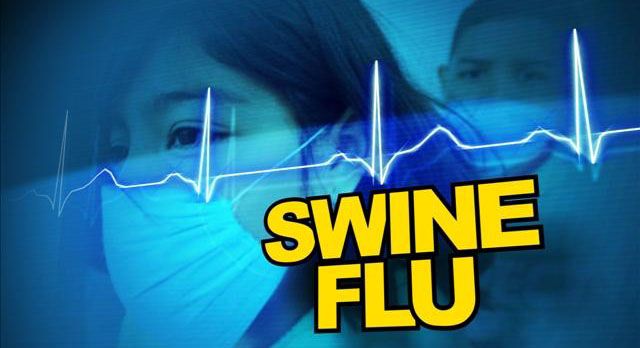If you think you do have “swine flu,” consult with your physician as soon as you can. The symptoms of the disease include chills and fever, coughing, sore throat, runny or stuffy nose, headaches, body aches, joint pains, fatigue, sometimes vomitting and diarrhea. A doctor can make a proper diagnosis by analyzing a sample of fluid from your body. A swab from your nose or throat will usually be taken to identify the specific type of virus that may have infected you. Once it’s been determined that you do have the “swine flu” or H1N1 virus, you’ll likely be given prescription antiviral medication and provided with a treatment plan that’s appropriate for your current health and medical condition.
For a mild illness, you will likely be asked to just stay at home for at least 24 hours after your fever and other flu symptoms are gone. Staying indoors will also keep you from possibly infecting others. Always cover your nose and mouth with a tissue when you cough or sneeze and throw the tissue in the trash after you use it. Clean your hands as often as you can with soap and water or alcohol-based hand sanitizers. Get some bed rest, keep warm and drink plenty of water to avoid getting dehydrated. To lower a high temperature and relieve aches and pains, you may be asked to take some over-the-counter analgesic medicine like ibuprofen or paracetamol.
For a more severe flu, you will be told to observe the same measures as above, plus you will likely be placed on a regimen of antiviral medication. Antiviral drugs are prescription medicines that may be administered in the form of pills, liquid, inhalable powder, or intravenous solution. They are not the same as antibiotics which are used against bacterial infections. In case it’s found following diagnosis that your flu has already led to certain complications like pneumonia or some other illness caused by bacterial infection, you will likely also be rquired to take antibiotics along with the antiviral medication. Antiviral drugs and certain kinds of antibiotics are not sold over-the-counter. Only those with a prescription from a doctor or health care provider can get them. Antiviral drugs and prescription antibiotics are available at Publix and all leading pharmacies.
If on diagnosis, it’s determined that what you have is not the seasonal flu but something else, like say the common cold or some other kind of viral or bacterial infection, your doctor will prescribe a treatment and medication plan that is appropriate for your particular illness. In case you still haven’t been vaccinated for seasonal flu, it’s not too late to get your shot for the 2015-2016 flu season now. The current flu season will be peaking this January and February. It will get worse before it gets better as even more people are expected to be stricken with the flu in the coming days ahead. Vaccination is available at CVS as well as at your doctor’s office and your community health centers.


